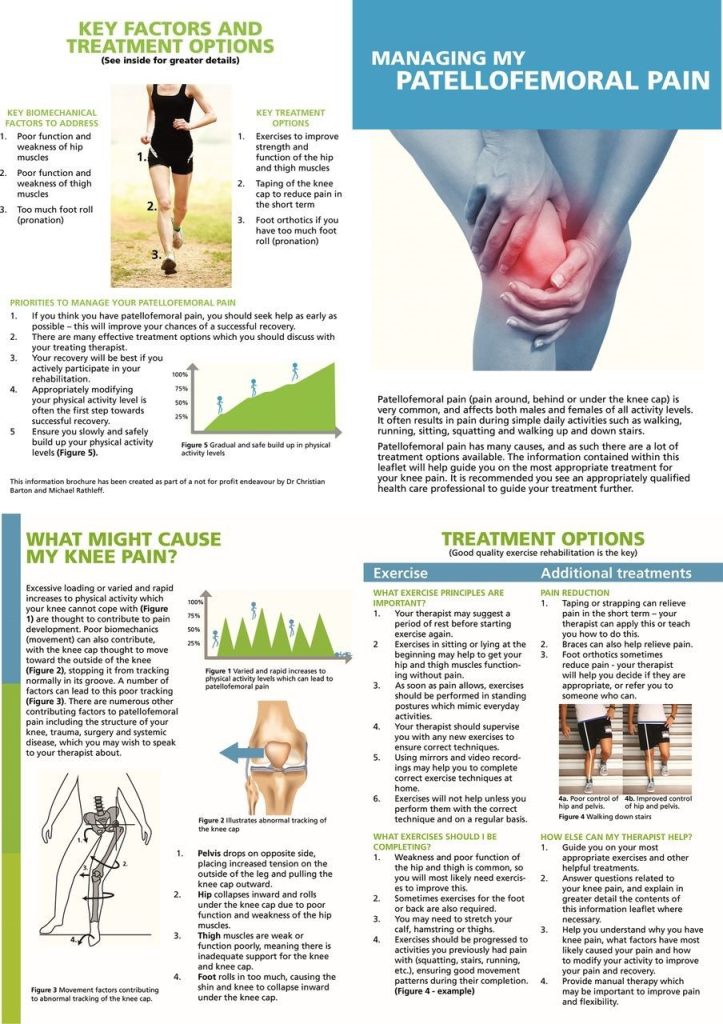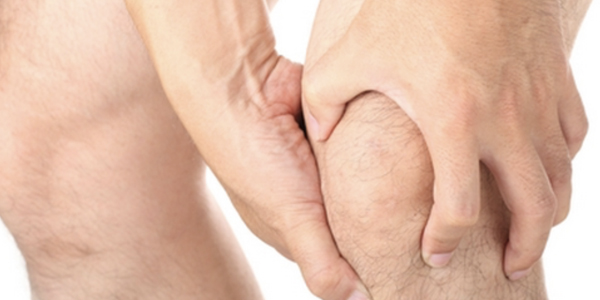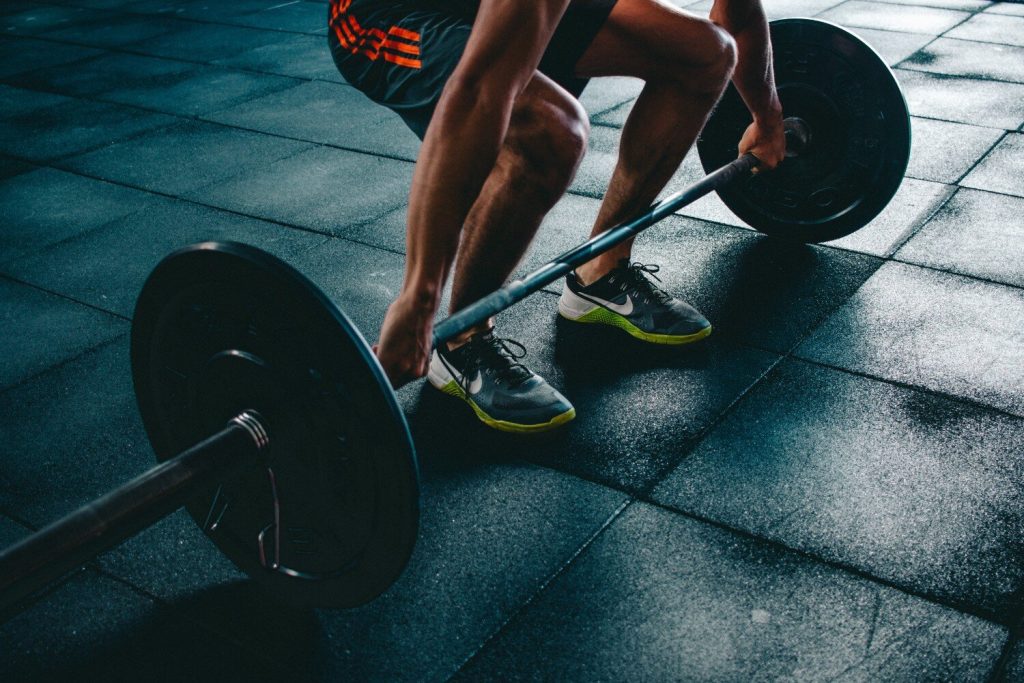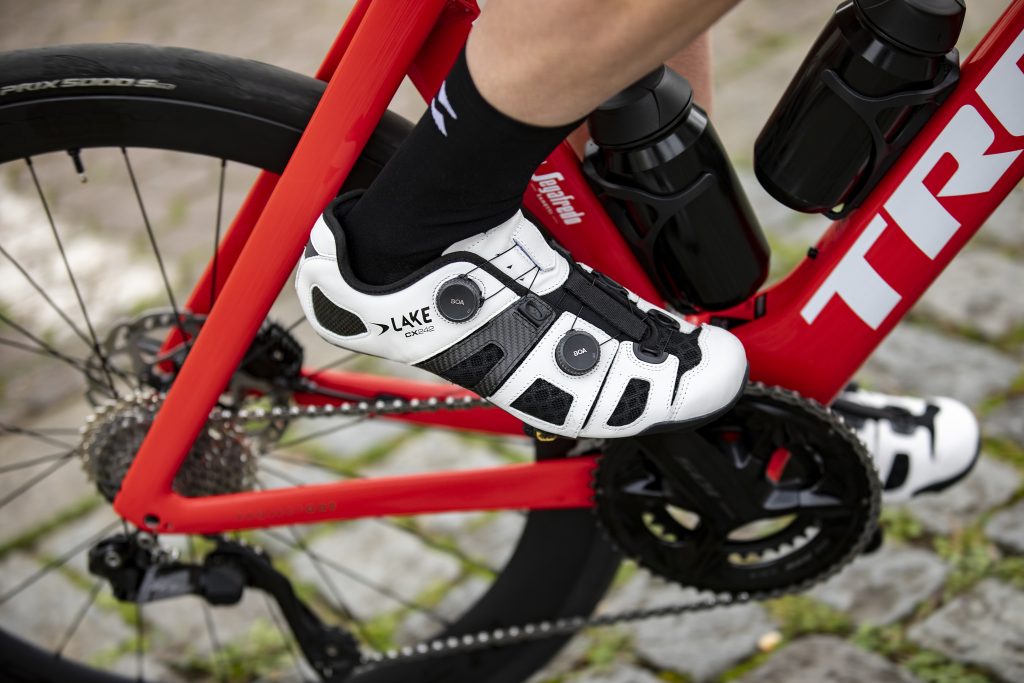Patellofemoral knee pain or Anterior knee pain (AKP) is a common condition and is associated with pain around and under your patella (knee cap). Research has suggested that the primary theory in this condition, is mal-alignment and mal-tracking of the patella which can alter patellofemoral joint stress. It’s worth noting that this condition is generally insidious in onset and multifactorial, many causes can manifest as anterior knee pain.
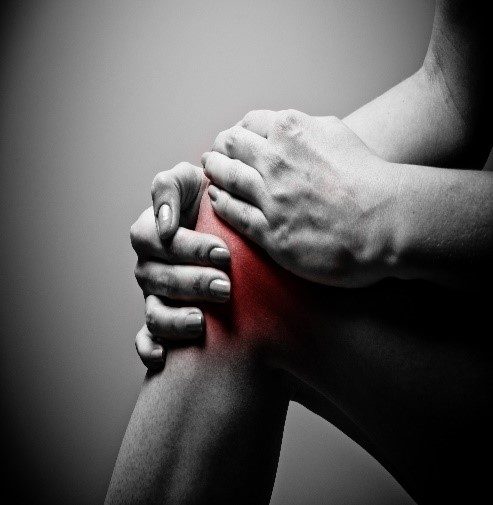
- Inferior fat pad (IFP) pressure significantly increases with knee flexion which will give pain below the patella.
- An increased lateral tilt/rotated/glided patella will contribute to anterior knee pain.
- Poor biomechanics and function in a gait/run analysis causing the femur to adduct and medially rotate. Quadriceps weakness accompanied with delayed Vastus Medialis Oblique (VMO) activation.
- Lack of stability and strength around the trunk/core and pelvis will contribute to poor biomechanics.
- Trauma – Fractures to the lower limb, altered gait pattern while using crutches, Anterior Cruciate ligament rupture and subsequent arthroscopic repair can all contribute to patellofemoral knee pain.
Recent studies have shown that females have an increased risk to AKP due to greater hip adduction and a wider pelvis. However, both male and females who present with AKP have a greater contralateral pelvic drop.
Common aggravating activities
- Negotiating stairs – usually going downstairs
- Squatting
- Running, jumping, hopping.
- Cycling – a professional bike fit is essential.
- Prolonged flexion, sitting for long periods of time.
- Kneeling
- Driving – particularly long distance.
- Kicking sports – football, rugby, martial arts.
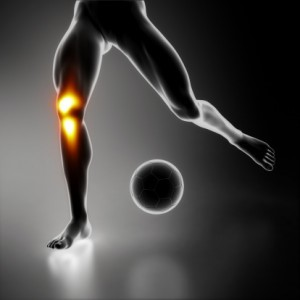
Restoration of Function and Rehab
Patellofemoral knee pain can be a debilitating condition but all is not lost! A physiotherapy assessment is vital to establish the exact cause of your pain, then a rehab programme can be implemented to restore function. Taping has been used in the past to treat AKP, however a recent study in the British Journal of Sports Medicine has suggested that a tailored taping technique to correct mal-tracking of the patella and off load the stress through the fat pad, is an effective adjunct to a rehab programme.
The main principles to restore normal function are :-
- To provide symptomatic relief with the goal of a 50% pain reduction enabling a patient to perform rehab more efficiently, in the early stages.
- Address any neuromotor control issues that have been observed throughout the assessment.
- The key to a good programme is endurance and control, over a given period of time not just focusing on strength.
- Working with the patient to achieve their goals do they need to get back to running? Cycling? General gym training? Walking? Endurance sports?
The rehab and restoration programme can be lengthy (6-12 months), however the body needs time to adapt and therefore goal setting needs to be tailored to the patient’s specific needs.
Pehab phase Period of time Frequency
Neuromotor control 1-2 weeks 2-6 times per day
Strength/Endurance 4-6 weeks 5-7 times per week
Strength 6+ weeks 3 times per week
Power 6+ weeks 3 times per week
If you have been experiencing anterior knee pain it is important to have a physiotherapy assessment so that the correct rehab programme can be prescribed for you. Call us on 0191 2817703
Fiona M. Watson BSc (Hons) MCSP HCPC
Patient education booklet based on recent research for the management of Patellofemoral knee pain provided by Dr Christian Barton from the British Journal of Sports Medicine.
